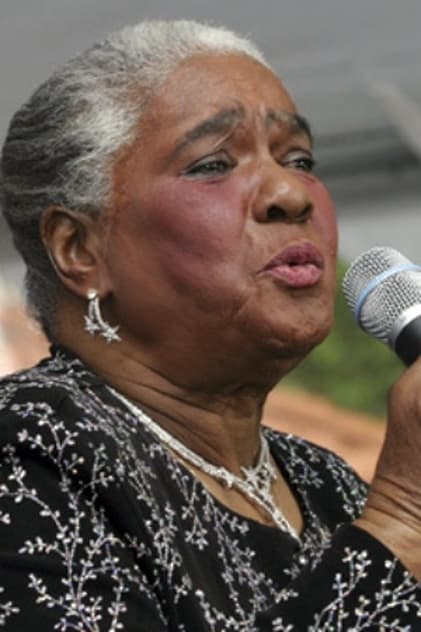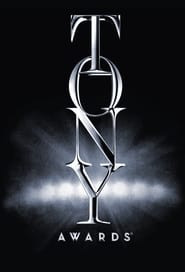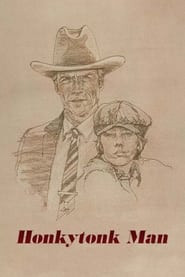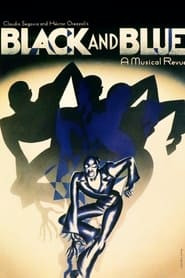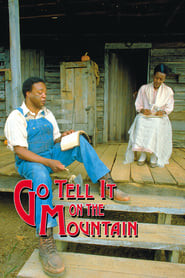Person Details
Birthday:
Aliases: No known aliases
Gender: Female
Place of birth: New Orleans, Louisiana, USA
Homepage:
Movie Involvements: 11
TV Involvements: 2
Most Famous Work
Biography
Linda Hopkins (born Melinda Helen Matthews; December 14, 1924 – April 10, 2017) was a Tony Award-winning American actress and blues and gospel singer. She recorded classic, traditional, and urban blues, and performed R&B and soul, jazz, and show tunes. Hopkins was born in New Orleans, Louisiana, United States, the second child of the Reverend Fred Matthews, Sr. and Hazel Smith, Hopkins grew up in the section of New Orleans known by the locals as "Zion City". She went to school in "Gert Town" which bordered the Xavier University of Louisiana. Known as "Lil Helen Matthews" as a child, she was discovered at the age of eleven by Mahalia Jackson when she persuaded Jackson to perform at a fundraiser at her home church, St. Mark's Baptist Church. Lil Helen opened the children's fundraising program with a rendition of Jackson's gospel hit, "God Shall Wipe Your Tears Away". Jackson was reportedly so impressed by Helen's determination and talent that she arranged for the young girl to join the Southern Harp Spiritual Singers in 1936. Hopkins remained with the group for a decade. She first saw Bessie Smith perform Empty Bed Blues at The New Orleans Palace Theatre in 1936. Hopkins greatly admired Smith and later won critical plaudits for her rendition of Smith in the 1959 theatrical presentation Jazz Train. Matthews left New Orleans in the 1950s, and, in 1951, began performing at Slim Jenkins' Night Club in the Oakland/Richmond area. There she met Johnny Otis and Little Esther Phillips who created her stage name, Linda Hopkins. In 1952, Hopkins toured Hawaii and Japan for two years which included a stint with Louis Armstrong at The Brown Derby in Honolulu. She recorded for the Savoy, Crystalette, Forecast, Federal and Atco labels and often appeared at the Apollo Theatre in Harlem. In 1960, Hopkins first toured Europe in the Broadway Express, the restaged production of Jazz Train. She recorded "Shake a Hand" with Jackie Wilson on the Brunswick label, which is her sole hit single reaching #21 on the US Billboard R&B chart. She also recorded "I Found Love" and "There's Nothing Like Love" with him on Brunswick in early 1962. She attended Stella Adler's Acting School in New York City. During the 1970s, Hopkins performed in the Broadway musical, Purlie, and with Sammy Davis Jr. for nine months. In addition, she performed at President Jimmy Carter's 1977 inaugural ball. In 1972 she was awarded a Tony and Drama Desk Award for her performance in Inner City. She sang "Do You Believe" at the political event Star-Spangled Women for McGovern–Shriver, bringing 19,000 people to their feet. Hopkins starred in Me and Bessie, a one-woman show paying homage to blues singer Bessie Smith, conceived and written by Hopkins and Will Holt. The world premiere was in Washington, D.C., in 1974. After a run in Los Angeles it transferred to the Ambassador Theatre on Broadway. The critically acclaimed show ran for thirteen months and 453 performances, and Hopkins was nominated for the Drama Desk Award for Unique Theatrical Experience. ... Source: Article "Linda Hopkins" from Wikipedia in English, licensed under CC-BY-SA 3.0.
Most Famous Work
Tony Awards
(1956) Self - NomineeRoots: The Next Generations
(1979) SingerHonkytonk Man
(1982) Blues SingerBroadway's Lost Treasures III: The Best of The Tony Awards
(2005) Singer (segment "Black and Blue")Black and Blue: A Musical Revue
(1993) SingerGo Tell It on the Mountain
(1985) Sister McCandlessCries in the Dark
(2006) MomThe Education of Sonny Carson
(1974) Lil Boy's MotherActing
| Year | Character | Movie/Tv |
|---|---|---|
| 2006 | Mom | |
| 2005 | Singer (segment "Black and Blue") | |
| 2003 | Self (archive footage) | |
| 1994 | Housewife | |
| 1993 | herself | |
| Singer | ||
| 1991 | Aunt Ethel | |
| 1985 | Sister McCandless | |
| 1982 | Blues Singer | |
| Self | ||
| 1981 | Sister Hopkins | |
| 1979 | Singer | |
| 1976 | Self | |
| 1974 | Lil Boy's Mother | |
| 1971 | Aunt Ethel | |
| 1962 | Self | |
| 1956 | Self | |
| Self - Nominee | ||
| Year | Character | Movie/Tv |
Sound
| Year | Role | Movie/Tv |
|---|---|---|
| 2023 | Music | |
| Year | Role | Movie/Tv |
